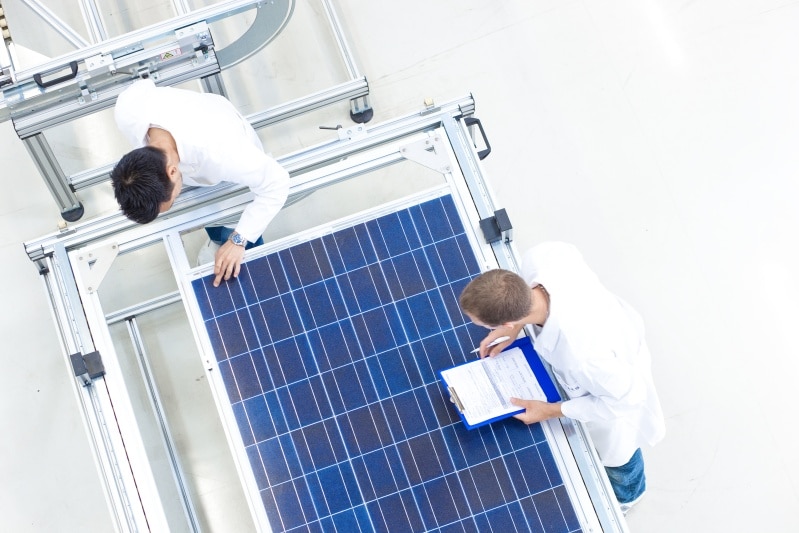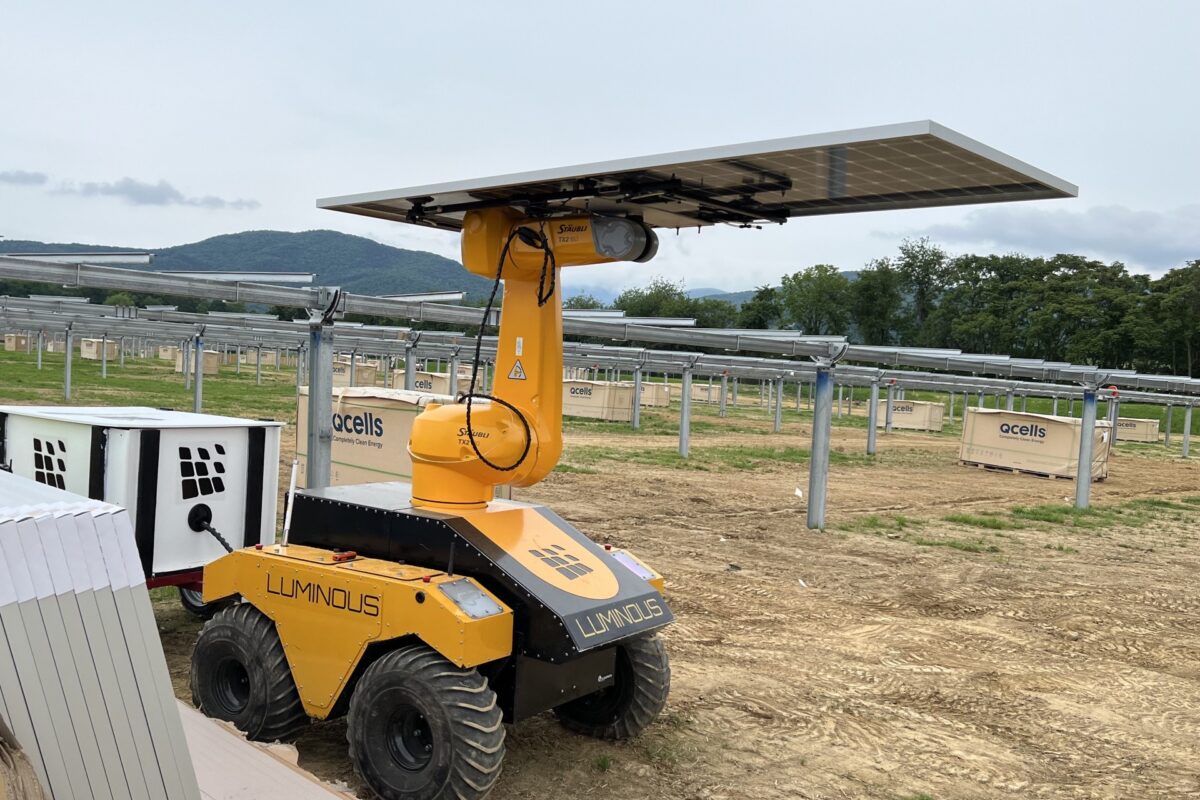With new solar module concepts coming on to the market at what can feel like an unprecedented pace, there are legitimate reservations as to whether they will stand the test of time. When combined with challenging environmental conditions, such as sub-tropical humidity or desert heat and high winds, new designs can lead to new forms of failures.
Standards and quality assurance provider TÜV Rheinland has introduced its Quality Controlled PV program to address the quality concerns of installers and developers, by putting production processes and PV materials under increased scrutiny. Program details will be set out in detail at a free webinar this Thursday.
pv magazine Webinar
“High temperatures in combination with humidity influences mostly the polymeric materials, and what produces the most stress is the cycling of temperatures,” says Lukas Jakisch, TÜV Rheinland’s Business Field Manager for PV modules. “The stress is on the materials and mechanical properties of the modules.”
Jakisch says that the Quality Controlled PV program in particular focuses on failures that could potentially occur as a result of “high temperature, humidity and UV light.” This applies to both rooftop and ground mounted PV arrays installed throughout much of Australia.
Korea-headquartered manufacturer Q Cells was the first module manufacturer to pass TÜV Rheinland’snew Quality Controlled program. The company’s head of global quality management, Daniel Felsch-Kruse, says that quality assurance expertise goes beyond individual module materials in isolation.
“Most of the knowledge is actually on the composition of components,” says Felsch-Kruse. “You can change different materials, like moving from EVA to POE [polyolefin], but the knowledge exactly is not only on the composition and how to deal with it;you need to find the optimal combination of materials.”
Felsch-Kruse notes that in the current module marketplace, with fierce competition between manufacturers on price, cost pressures can lead to quality failings.
“Savings do not come out of the blue and from time to time materials are changed… and there are deviations [in quality] that are not good for the material combination that has been used in former testing,” says Felsch-Kruse. To overcome this challenge, the Quality Controlled PV program includes material monitoring from all vendors. “This monitoring really is mandatory for us; we monitor materials over time and across a range of characteristics.”
Degradation, and in particular Light and Elevated Temperature (LeTID) has been a particular focus of quality processes in recent years, with the phenomena having been detected widely in Australia in modules pulled from the market by UNSW.
“The feature we currently see is that most of our competitors are using gallium-doped wafers in their products,” says Christian Taubitz, technical expert in R&D and technology at Q Cells. “With this you have a better chance of getting LeTID out of your product, but only a chance.
“By only using gallium-doped cells, it doesn’t mean you are free of LeTID,” Taubitz continues. “You also have to know what you are doing… the risk of LeTID is higher in boron-doped products but if you have the knowledge and know-how you can avoid having a problem with LeTID.”
Q Cells’ Taubitz and Felsch-Kruse will be joined by the company’s Australia head Myungsin Shim and TÜV Rheinland’s Lukas Jakisch in the free pv magazine webinar on Thursday – in which the Quality Controlled program will be set out in greater detail. Register now to put your questions to the experts and join the discussion.
This content is protected by copyright and may not be reused. If you want to cooperate with us and would like to reuse some of our content, please contact: editors@pv-magazine.com.









By submitting this form you agree to pv magazine using your data for the purposes of publishing your comment.
Your personal data will only be disclosed or otherwise transmitted to third parties for the purposes of spam filtering or if this is necessary for technical maintenance of the website. Any other transfer to third parties will not take place unless this is justified on the basis of applicable data protection regulations or if pv magazine is legally obliged to do so.
You may revoke this consent at any time with effect for the future, in which case your personal data will be deleted immediately. Otherwise, your data will be deleted if pv magazine has processed your request or the purpose of data storage is fulfilled.
Further information on data privacy can be found in our Data Protection Policy.